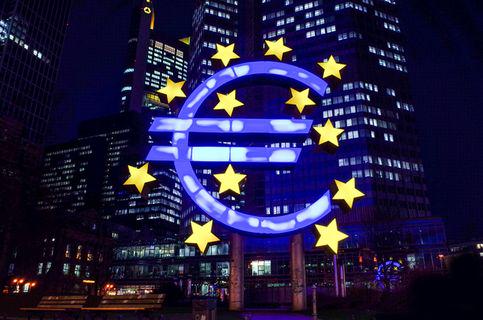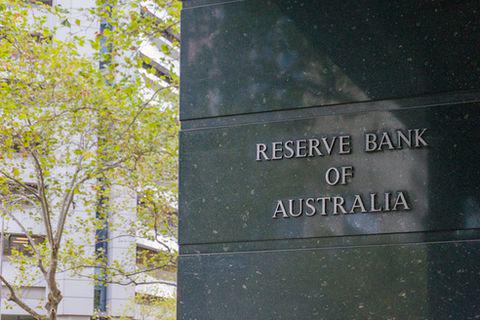
eurusd-is-falling-what-to-expect-from-the-future-price-movement

Don’t waste your time – keep track of how NFP affects the US dollar!
Data Collection Notice
We maintain a record of your data to run this website. By clicking the button, you agree to our Privacy Policy.

Beginner Forex Book
Your ultimate guide through the world of trading.
Check Your Inbox!
In our email, you will find the Forex 101 book. Just tap the button to get it!
Risk warning: ᏟᖴᎠs are complex instruments and come with a high risk of losing money rapidly due to leverage.
68.53% of retail investor accounts lose money when trading ᏟᖴᎠs with this provider.
You should consider whether you understand how ᏟᖴᎠs work and whether you can afford to take the high risk of losing your money.
Information is not investment advice
Signs of a possible slowdown in the global economy have increased during the last two weeks. The pandemic continues hurting economic activity in China, the war in Ukraine is hitting the entire European economy, and the Federal Reserve's efforts to control inflation threaten to trigger a recession.
China's retail sales, the main measure of consumer activity, fell by 11.1% on an annual basis, compared to forecasts of 6.6%. Industrial production, which supported China's rapid economic recovery from the initial shock of COVID-19, fell by 2.9%.
In Europe, the European Commission expects the EU and Eurozone to expand by only 2.7% this year, well below the previous forecast of 4%. Inflation is likely to rise to more than 6% this year. So the ECB President Christine Lagarde signaled her support for a rate hike next July, paving the way for the Eurozone's first rate hike in more than ten years.
In the US, annual inflation is still at its highest level in 40 years, and there's a significant risk of a recession. This week alone, the former CEO of Goldman Sachs warned of "very, very high risks" of a recession. According to Wells Fargo, there's no doubt that a downturn is looming on the horizon. The former Fed Chairman warned that the US is poised to fall into stagflation, a slowing economy, and high unemployment accompanied by higher inflation. The odds of a recession are currently around 30%, according to the research by Moody's and a Wall Street Journal poll.
The main concern is that the Fed will raise rates too high too quickly in a short time, killing economic growth. Higher rates curb inflation by making it more expensive to borrow money, making it pricier for consumers to spend on goods and services, and for businesses to grow and hire workers.
If the Fed gets it wrong, a sharp rate hike could halt growth, causing a recession. With the Fed moving aggressively to tame inflation, there's no doubt that a contraction is looming, even if it doesn't develop into a recession.
The outlook is not entirely gloomy. Some economic indicators point that the recovery is still on the right track, and the US economy is still on solid ground.
1. Industrial production in the US rose for the fourth consecutive month in April, hitting a 15-year high.
2. US consumer spending, which accounts for two-thirds of economic activity, remains strong, with retail sales growing at a healthy pace in April.
3. The labor market remains strong, as the US added 428,000 jobs in April, above forecasts for the second month in a row. If this pace continues, the US will reach full employment capacity by July.
In the end, despite the growing fears of recession or a downtrend, conditions are still good. For example, we haven't seen mass layoffs yet, which is a sign of recession. Consumer spending, which accounts for about 70% of US economic activity, is still holding up. If there's a sudden slowdown in spending, it will immediately negatively impact. Corporate profits will fall, and employers will start laying off workers to protect their profits. As for the US dollar, the hints of the upcoming recession will be harmful to the currency, while good economic news from America will drive it up.

eurusd-is-falling-what-to-expect-from-the-future-price-movement

Greetings, fellow forex traders! Exciting news for those with an eye on the Australian market - the upcoming interest rate decision could be good news for Aussies looking to refinance or take out new loans. The Mortgage and Finance Association Australia CEO, Anja Pannek, has...

Hold onto your hats, folks! The Japanese yen took a nosedive after the Bank of Japan (BOJ) left its ultra-loose policy settings unchanged, including its closely watched yield curve control (YCC) policy. But wait, there's more! The BOJ also removed its forward guidance, which had previously pledged to keep interest rates at current or lower levels. So, what's the scoop? Market expectations had been subdued going into the meeting, but some were still hoping for tweaks to the forward guidance to prepare for an eventual exit from the bank's massive stimulus

eurusd-is-falling-what-to-expect-from-the-future-price-movement

Greetings, fellow forex traders! Exciting news for those with an eye on the Australian market - the upcoming interest rate decision could be good news for Aussies looking to refinance or take out new loans. The Mortgage and Finance Association Australia CEO, Anja Pannek, has...

Hold onto your hats, folks! The Japanese yen took a nosedive after the Bank of Japan (BOJ) left its ultra-loose policy settings unchanged, including its closely watched yield curve control (YCC) policy. But wait, there's more! The BOJ also removed its forward guidance, which had previously pledged to keep interest rates at current or lower levels. So, what's the scoop? Market expectations had been subdued going into the meeting, but some were still hoping for tweaks to the forward guidance to prepare for an eventual exit from the bank's massive stimulus
Your request is accepted.
We will call you at the time interval that you chose
Next callback request for this phone number will be available in 00:30:00
If you have an urgent issue please contact us via
Live chat
Internal error. Please try again later